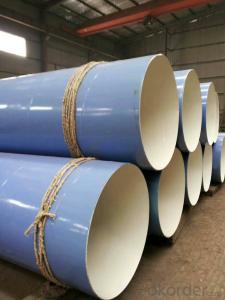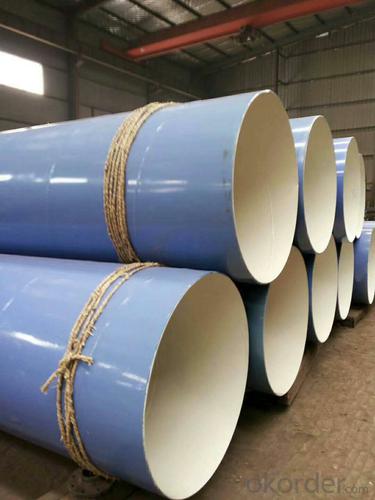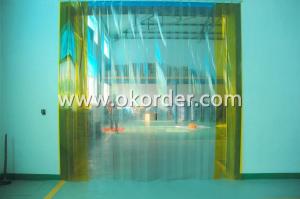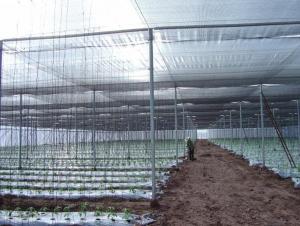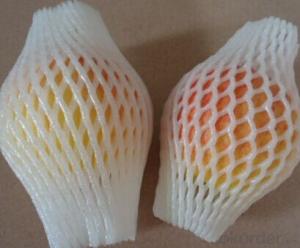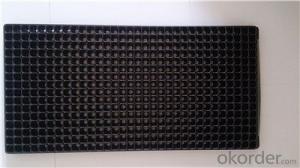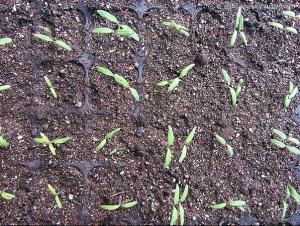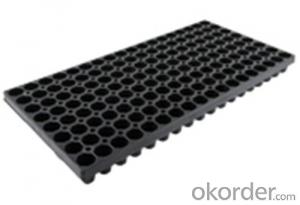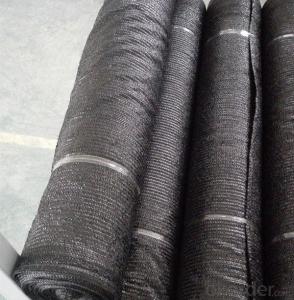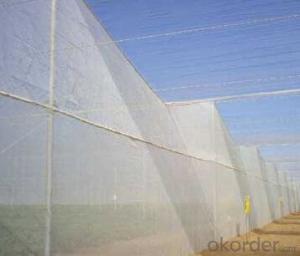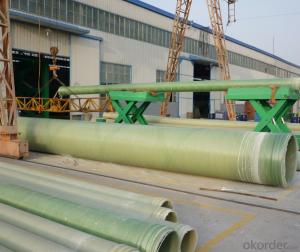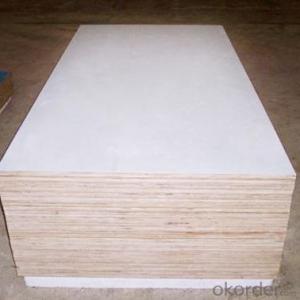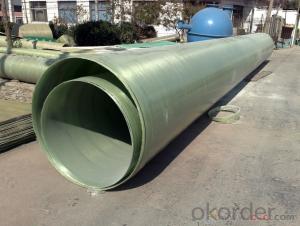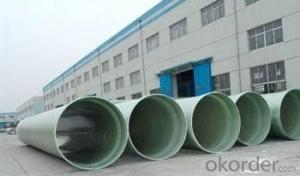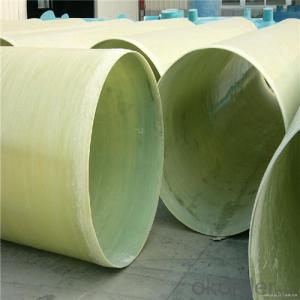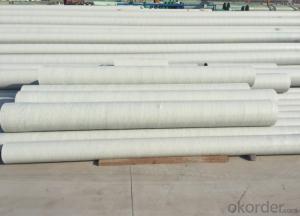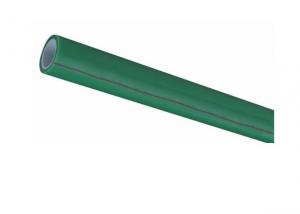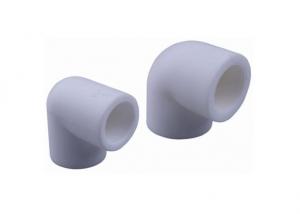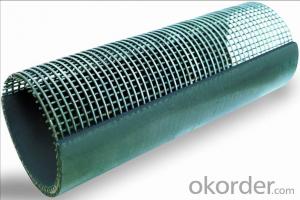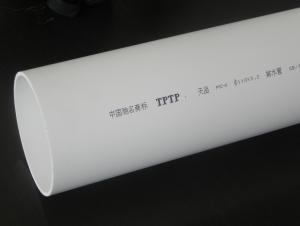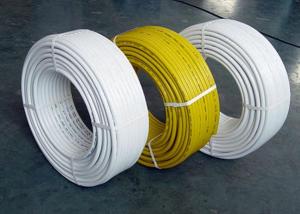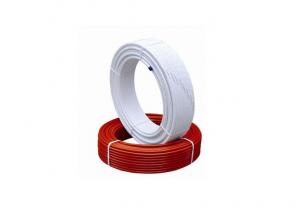Composite Epoxy Powder FBE Anticorrosive Steel Pipes
- Loading Port:
- Tianjin
- Payment Terms:
- TT OR LC
- Min Order Qty:
- 544 m²
- Supply Capability:
- 55443 m²/month
OKorder Service Pledge
OKorder Financial Service
You Might Also Like
Epoxy powder is a kind of thermosetting and non-toxic coating. After curing, it forms a cross-linked structure coating with high molecular weight. The coating is 100% solid, solvent-free and pollution-free, the powder utilization rate can reach more than 95%, the anti-corrosion coating has low water absorption rate, high mechanical strength and small friction coefficient, which can achieve the purpose of long-term use. It can also effectively prevent the destruction of plant roots and soil environmental stress. Easy connection and maintenance.
Universal colors: gray, black, blue, red, white, green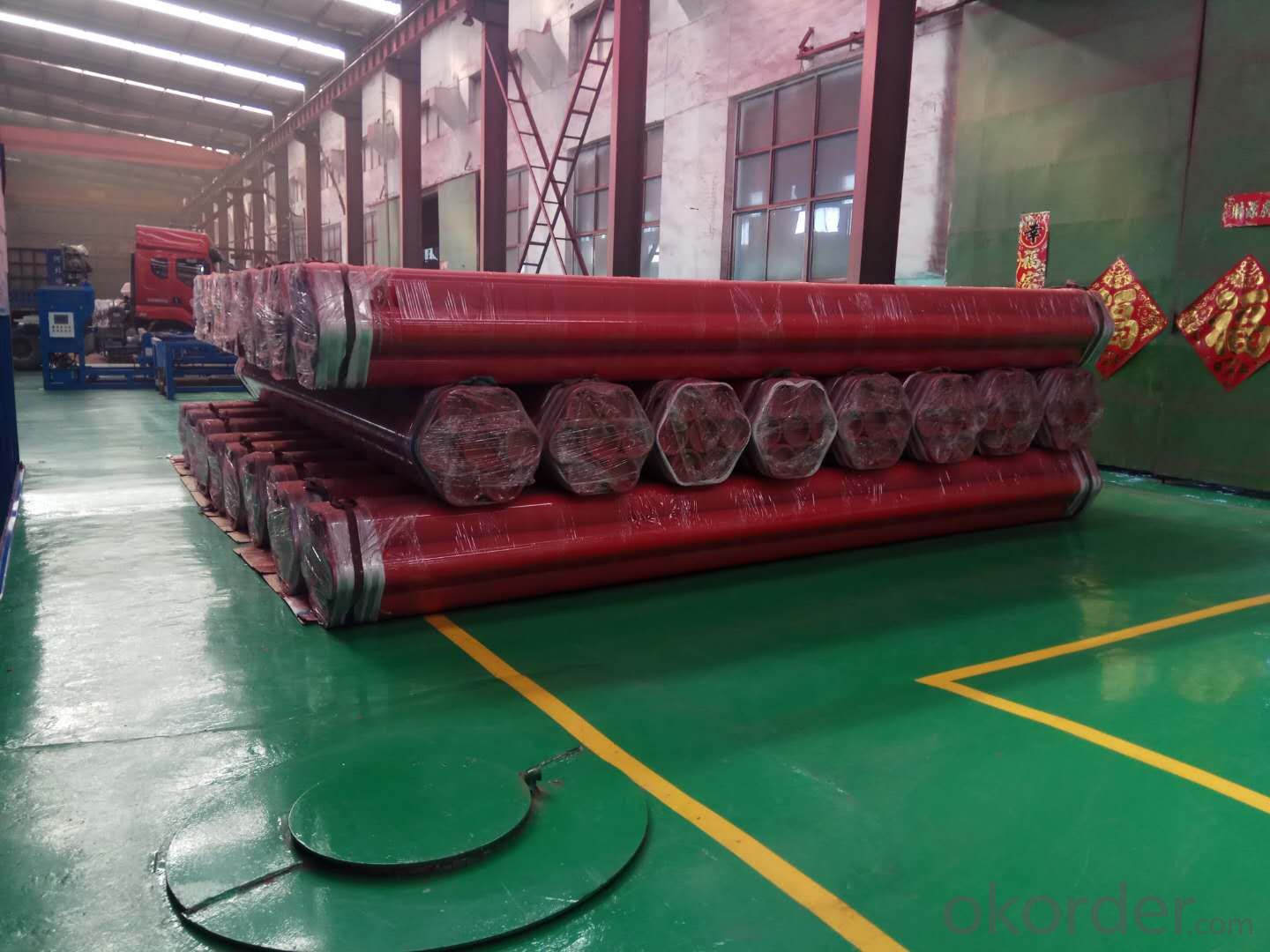
Coating thickness: PE(modified polyethylene) coating thickness is 400um - 1000um
EP(epoxy resin) coating thickness of 50um-550um is a high quality anticorrosive coating for buried steel pipe. Epoxy powder USES epoxy powder coating base polyethylene PE and adhesive winding or coating to form a three-layer PE process, which is the pipe anti-corrosion technology commonly used at home and abroad, and is also the pipe anti-corrosion technology used at home and abroad for west-east gas transmission and oil and gas, urban gas supply and water supply.
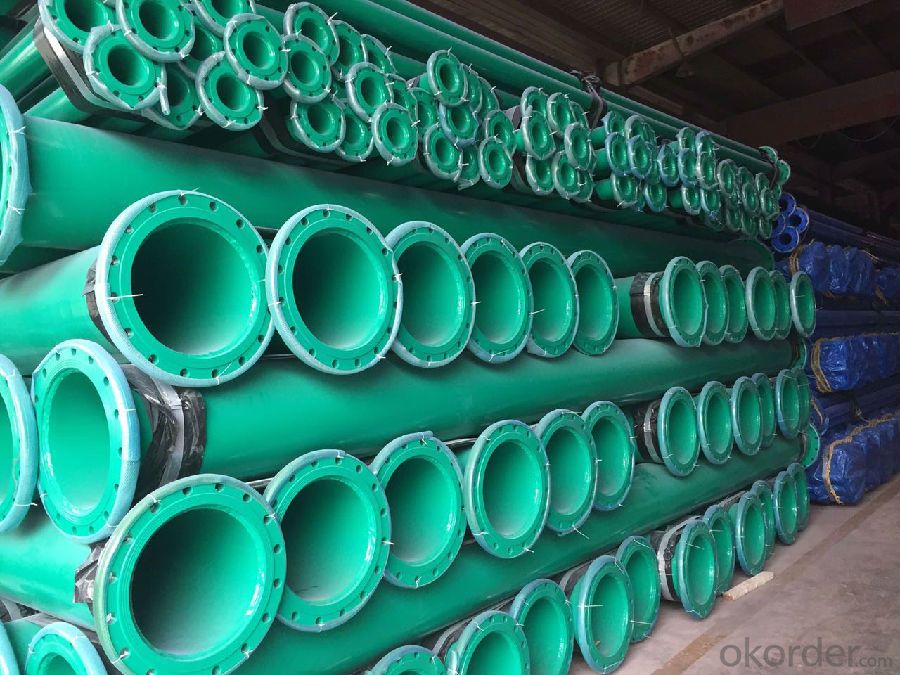
FBE anti-corrosion of steel pipe is how to effectively prevent the pipeline corrosion, passes through in the city gas pipeline buried FBE anti-corrosion of steel pipe conveyor can enter the homes of residents, however, the underground soil electrolytic weightlessness, PH value, amount of chloride ions, electrons, moisture, mobile friction, etc., are all cause corrosion to underground pipeline. The corrosion rate of the underground Cl- ion concentration on the material is the average corrosion rate of the underground material and the local corrosion expansion rate. When the water contains CO2 and so2-4, or the concentration of H is high, the water is corrosive. The water containing corrosive CO2 can dissolve calcium in concrete and quickly corrode the pipe. In this respect, the gas transmission pipeline using FBE anti-corrosion steel tube can use its efficient anti-corrosion performance to prevent the corrosion of CO2 and negative ions on the pipeline. The main components of FBE anti-corrosion steel pipe are steel pipe and anti-corrosion layer, but the production cost is much more than that
- Q: What materials are typically used in composite pipes?
- Composite pipes are typically made using a combination of materials such as fiberglass, carbon fiber, polymers, and resins. These materials provide the pipe with strength, durability, and resistance to corrosion and chemicals.
- Q: Can composite pipes be used for steam transportation?
- Yes, composite pipes can be used for steam transportation. Composite pipes are designed to handle high temperatures and pressures, making them suitable for transporting steam. They offer advantages such as corrosion resistance, lightweight construction, and thermal insulation, making them a reliable option for steam transportation applications.
- Q: Do composite pipes have a low noise transmission rate?
- Yes, composite pipes typically have a low noise transmission rate. The combination of materials used in composite pipes, such as fiberglass and resin, helps to dampen sound vibrations and reduce noise transmission compared to traditional metal or plastic pipes.
- Q: PSP plastic steel composite pipe can be hot melt connection?
- Connection mode is PSP steel plastic composite pipe specification, within one hundred mm thread connection;
- Q: Can composite pipes be used for stormwater drainage systems?
- Yes, composite pipes can be used for stormwater drainage systems. Composite pipes are made from a combination of materials such as fiberglass, plastic, and resin, which makes them highly resistant to corrosion, chemicals, and extreme weather conditions. These properties make them suitable for underground stormwater drainage systems where they can effectively transport and manage large volumes of water while ensuring long-term durability and minimal maintenance requirements.
- Q: What is multilayer high-temperature wear-resistant composite pipe?
- The inner and outer layers of the pipe are made of heat-resistant polyethylene (PE-RT) and the inner core layer is butt welded aluminum (PE-RT/AL/PE-RT). The three layers are permanently bonded together with a special adhesive - designed for maximum requirements, excellent reliability, and extreme durability.
- Q: Do composite pipes have a high resistance to external pressure?
- Yes, composite pipes have a high resistance to external pressure.
- Q: Are composite pipes suitable for power generation plants?
- Yes, composite pipes are suitable for power generation plants. They offer numerous advantages such as corrosion resistance, high strength-to-weight ratio, and excellent thermal insulation properties. Additionally, composite pipes are flexible, allowing for easy installation and maintenance, and they have a longer lifespan compared to traditional materials. These features make composite pipes a reliable and cost-effective choice for power generation plants.
- Q: Can composite pipes be used for oil refineries?
- Yes, composite pipes can be used for oil refineries. Composite materials such as fiberglass reinforced plastic (FRP) offer excellent resistance to harsh chemicals and corrosion, making them suitable for transporting various fluids in oil refineries. Additionally, composite pipes are lightweight, durable, and have a longer lifespan than traditional metal pipes, which can result in cost savings and improved efficiency for refinery operations.
- Q: In the plastic pipe and steel plastic composite pipe has what difference
- There are a lot of steel plastic composite pipe can be classified according to the classification, structure of pipe: steel reinforced plastic composite pipe, seamless steel pipe reinforced plastic composite tube, mesh steel plastic composite pipe and steel mesh skeleton plastic composite pipe. At present, the market is the most popular steel reinforced steel plastic composite pipe, that is we often say that the steel plastic composite pressure pipe, the pipe layer and the middle layer is the steel strip of high carbon steel by curling forming butt welding, the inner and the outer layers are high density polyethylene (HDPE).
Send your message to us
Composite Epoxy Powder FBE Anticorrosive Steel Pipes
- Loading Port:
- Tianjin
- Payment Terms:
- TT OR LC
- Min Order Qty:
- 544 m²
- Supply Capability:
- 55443 m²/month
OKorder Service Pledge
OKorder Financial Service
Similar products
Hot products
Hot Searches
Related keywords
